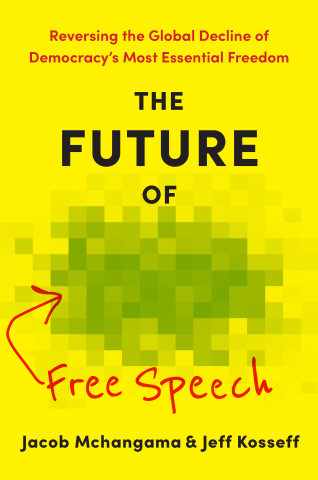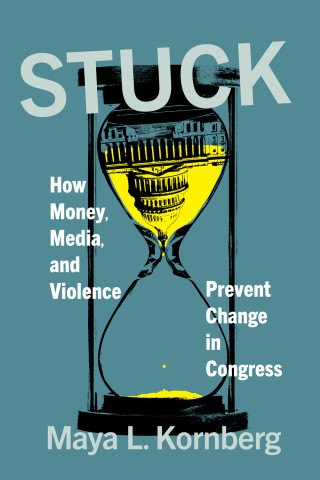
Reviews
This volume uses a well-defined methodological approach that sets it off from the vast scholarly literature on the topic of Latin American populism... The volume's comparative approach, both in national and continent-wide contexts, leads to valuable insights that will most likely serve as points of reference for future research and debate.
It is a must-read for both younger students and experienced academics because it manages to combine its informative aspects with concrete and in-depth theoretical and empirical analysis
This is an excellent edited volume on populism in Latin America, one that nicely updates the scholarly literature on the region. It facilitates a much broader scholarly conversation that is long overdue and provides a timely description of all of the best-known, recent populist movements in the region, while situating these in a longer trajectory of populism.
De la Torre and Arnson bring together an outstanding cast of contributors to examine the causes of populism and its various—and double-edged—consequences for democracy. More than any other book on the subject, Latin American Populism in the Twenty-first Century spans historical eras, from the 'classical' populism of the 1930s and 1940s, to 'neoliberal' populism of the 1990s, to the more radical forms of populism that emerged in the contemporary era. For this reason, it is likely to be of enduring value for students of Latin American politics.
Latin American Populism in the Twenty-first Century does a remarkable job in providing a fresh perspective on one of the region's most recurrent and controversial political phenomena. Its breadth of theory and empirical case studies mean that it will be a must-read not only for researchers interested in populism, but also for anyone interested in the politics of the poor and marginalized more generally.





